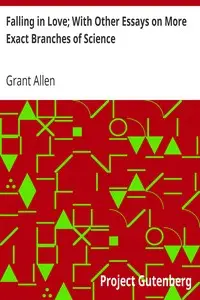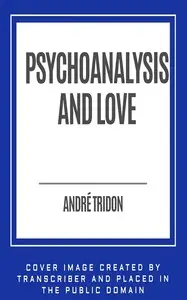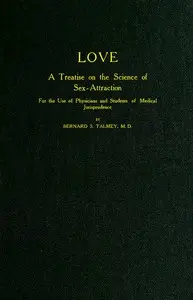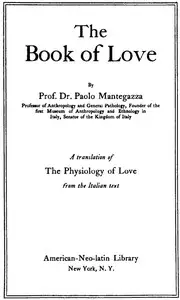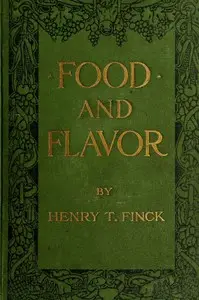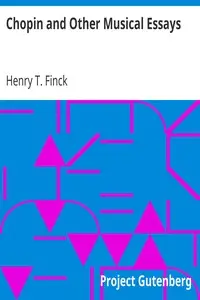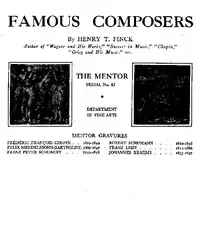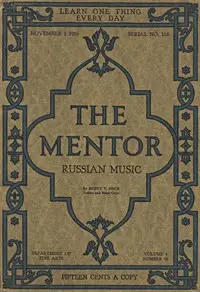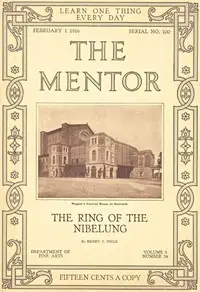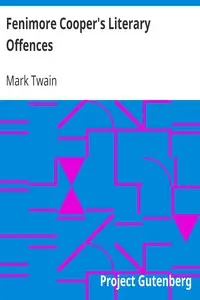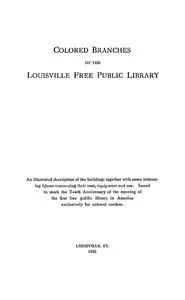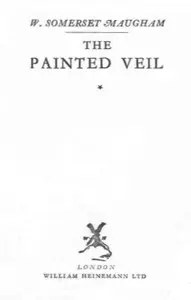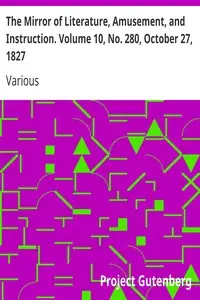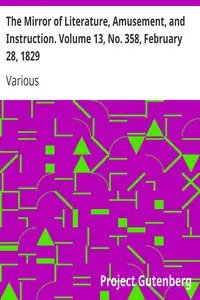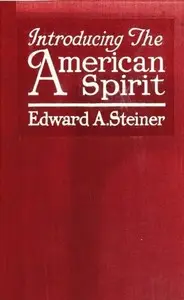"Romantic Love and Personal Beauty" by Henry T. Finck is a study that looks closely at romantic love and its effects, written in a time when science was used to understand feelings. This book explores how romantic love has grown and changed, noticing its effects on how we see beauty, how cultures act, and how history has shaped it. Finck tries to understand love by considering the mind, the body, and society, explaining romance as something important to being human. The book starts by correcting wrong ideas about love from the past, saying that what we think of as romantic love now is new compared to old kinds of love. It looks at different parts of romantic love, like what people like and jealousy, connecting them to broader ideas about biology and culture. This beginning prepares readers for a deep look at how love has changed, using a thoughtful way to understand something very personal.
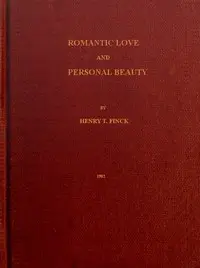
Romantic Love and Personal Beauty Their development, causal relations, historic and national peculiarities
By Henry T. Finck
Discover how the modern idea of romance, with its roots in biology and culture, has transformed our understanding of love and beauty over time.
Summary
About the AuthorHenry Theophilus Finck was an American music critic and author. Among "the most prolific and influential critics of his day", he was chief classical music critic of both the New York Evening Post and The Nation from 1881 to 1924. He championed Romantic music, promoting composers such as Liszt, Wagner, Grieg and MacDowell. Along with his contemporaries Richard Aldrich, W.J. Henderson, James Huneker and Henry Edward Krehbiel, Finck is considered part of the 'Old Guard', a group of leading New York–based music critics who first established a uniquely American school of criticism.
Henry Theophilus Finck was an American music critic and author. Among "the most prolific and influential critics of his day", he was chief classical music critic of both the New York Evening Post and The Nation from 1881 to 1924. He championed Romantic music, promoting composers such as Liszt, Wagner, Grieg and MacDowell. Along with his contemporaries Richard Aldrich, W.J. Henderson, James Huneker and Henry Edward Krehbiel, Finck is considered part of the 'Old Guard', a group of leading New York–based music critics who first established a uniquely American school of criticism.

